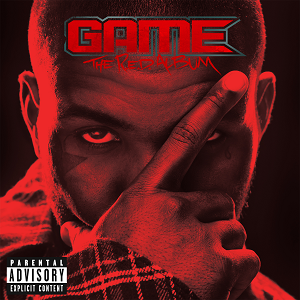 |
| Rahzzah's Hip-Hop Variant Cover for She-Hulk (2016) #1 |
(Yes, these really are the random questions I ask myself on any given day.)
I concluded it had a lot to do with the shape of the thumbnail. The knuckles (especially on the first finger) could read as either gender (or, perhaps, slant towards the male gender)...
and even the eye, given the scrunched up brow and limited view of the eyelashes, could go either way. The hair, though longish, could also go either way (e.g. Doc Samson).
I am, of course, talking about the gender cues I subconsciously learned in my early 1970's white American blue-collar/middle class upbringing. My understanding of gender (along with the nation's) has transmogrified over the past decade or so to be much more expansive.
My thought was to comment on the seeming necessity of labeling the She-Hulk character as "She"-Hulk to distinguish her from the "He"-Hulk and how the title of the 2016 comic starring Jennifer Walters shifts to just plain "Hulk." But as I was gathering research for my post, I discovered that this image is part of Marvel's "Hip-Hop" variant covers.
 |
| Game The R.E.D. Album (2011) |
(And, no, I don't have the first clue as to who Game is or what's on his R.E.D. Album. I'm old & have never, ever been even remotely "hip.")
Looking at the source image, though, I think maybe the jawline narrows on She-Hulk where it squares more on Game (assuming that the figure on the cover of Game's album is in fact Game).
Game also has beard stubble if identifying who is male and who is female even matters anymore now that I am at the end of this post. Perhaps if Marvel has begun publishing now instead of in the 1960s they wouldn't have felt a need to entitle some of their publications based on traditional notions of gender.

No comments:
Post a Comment